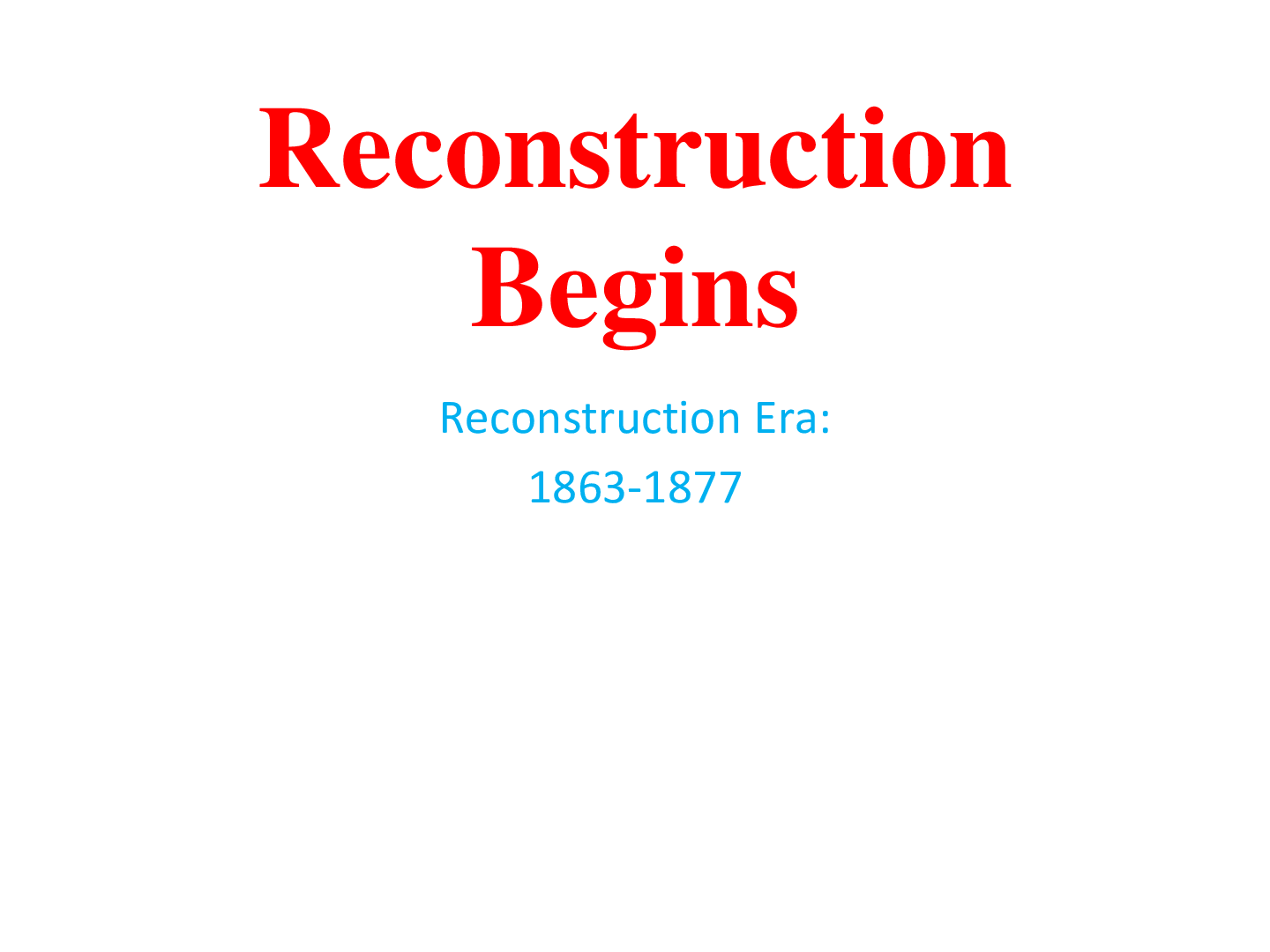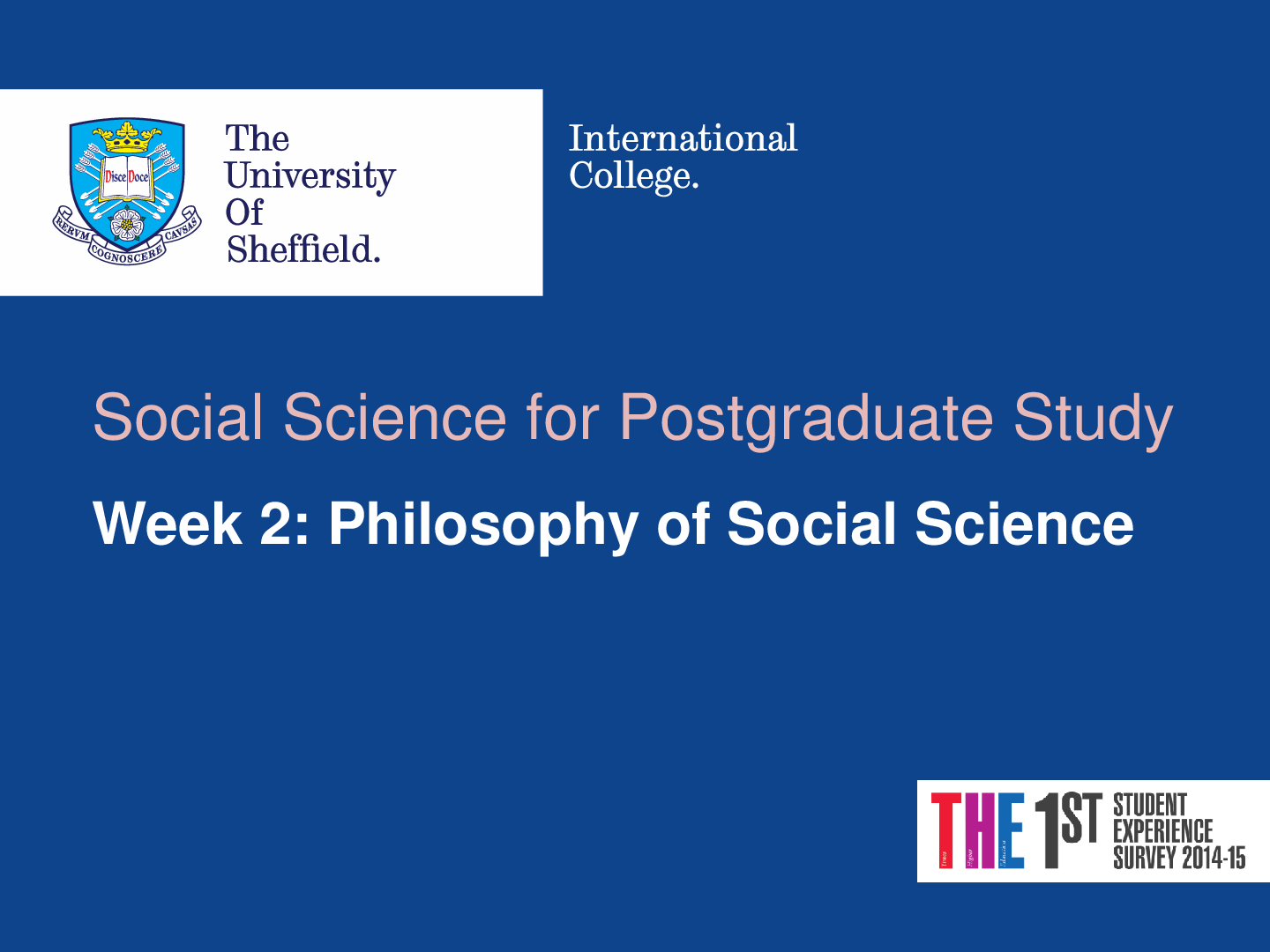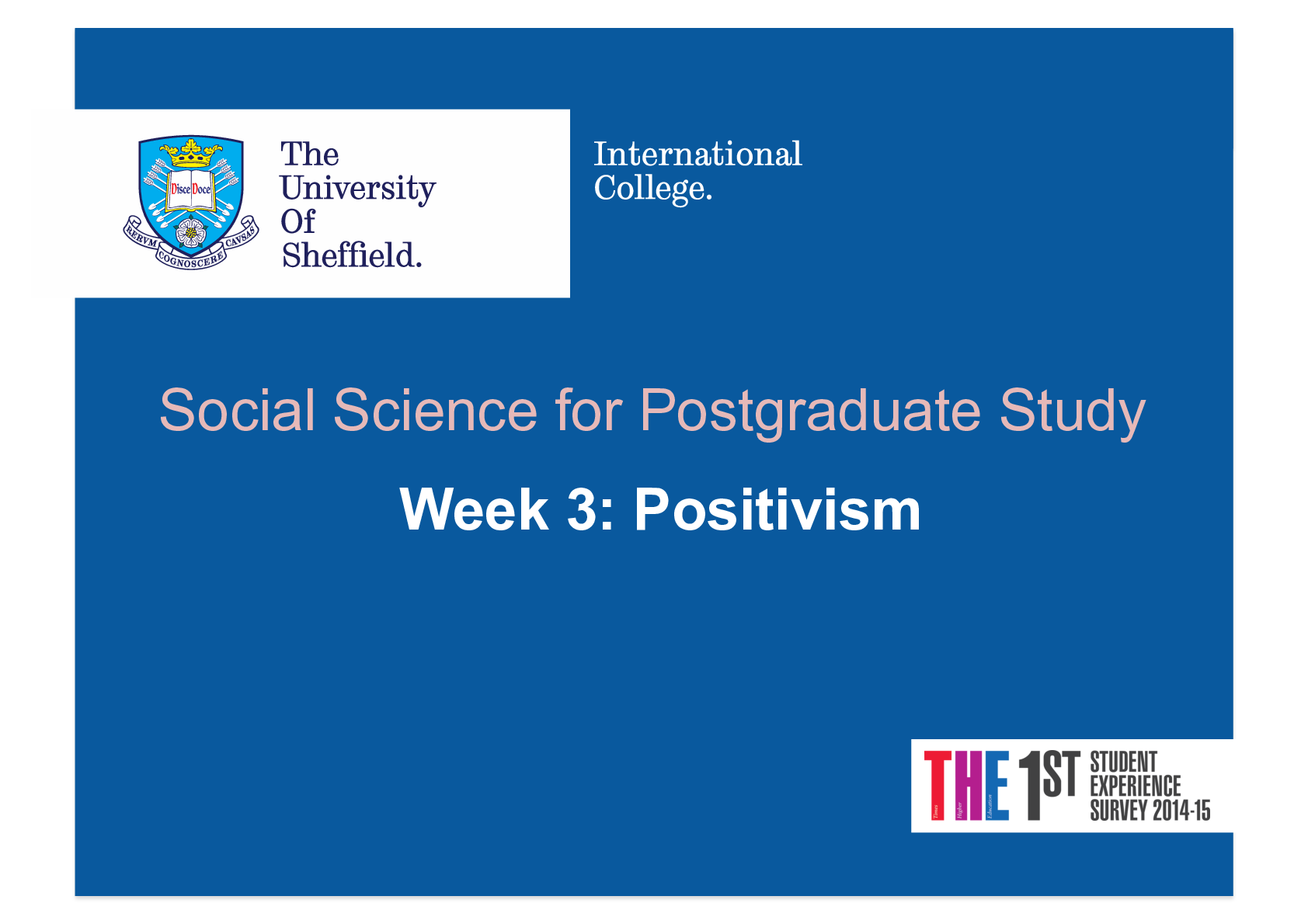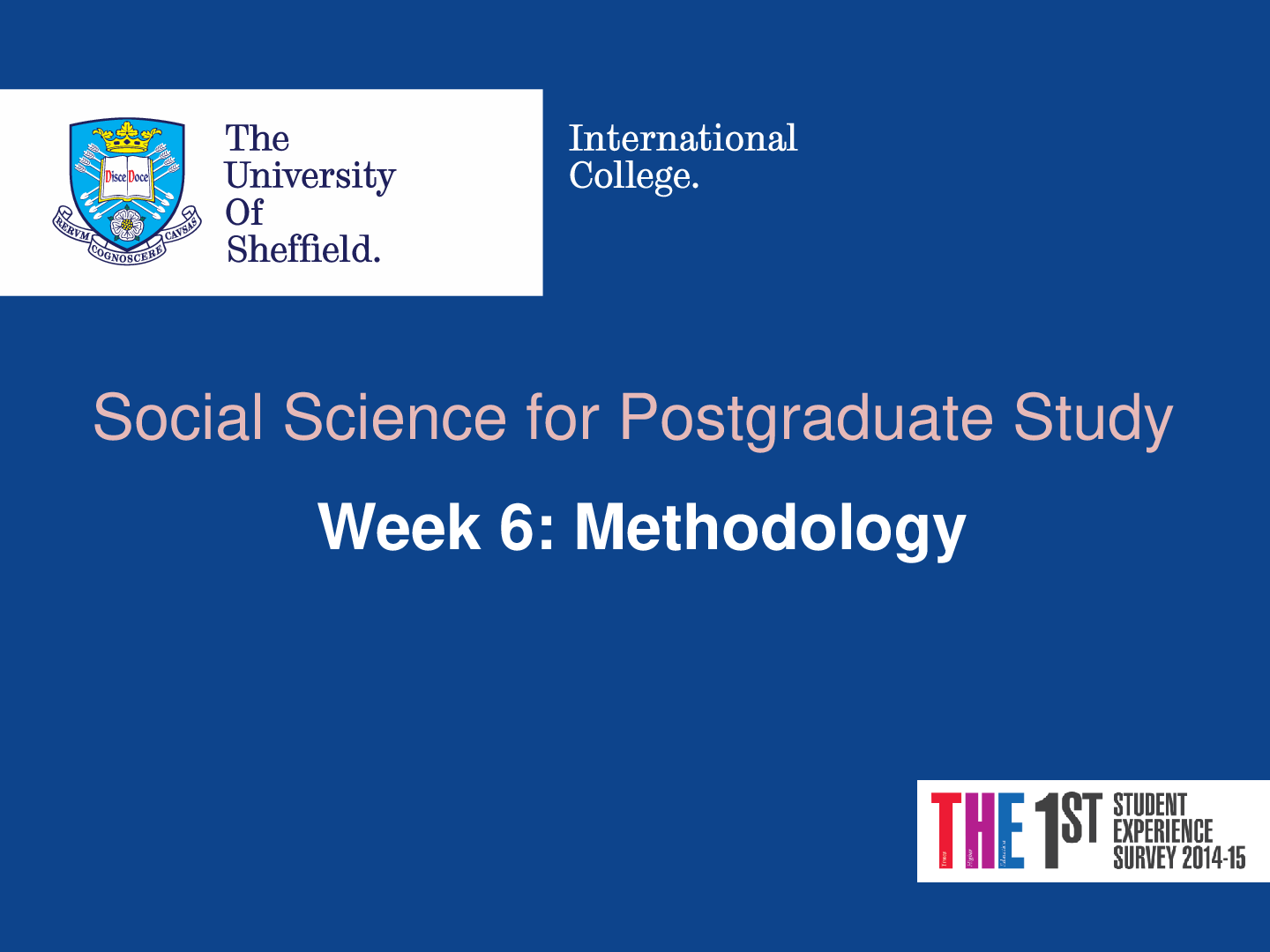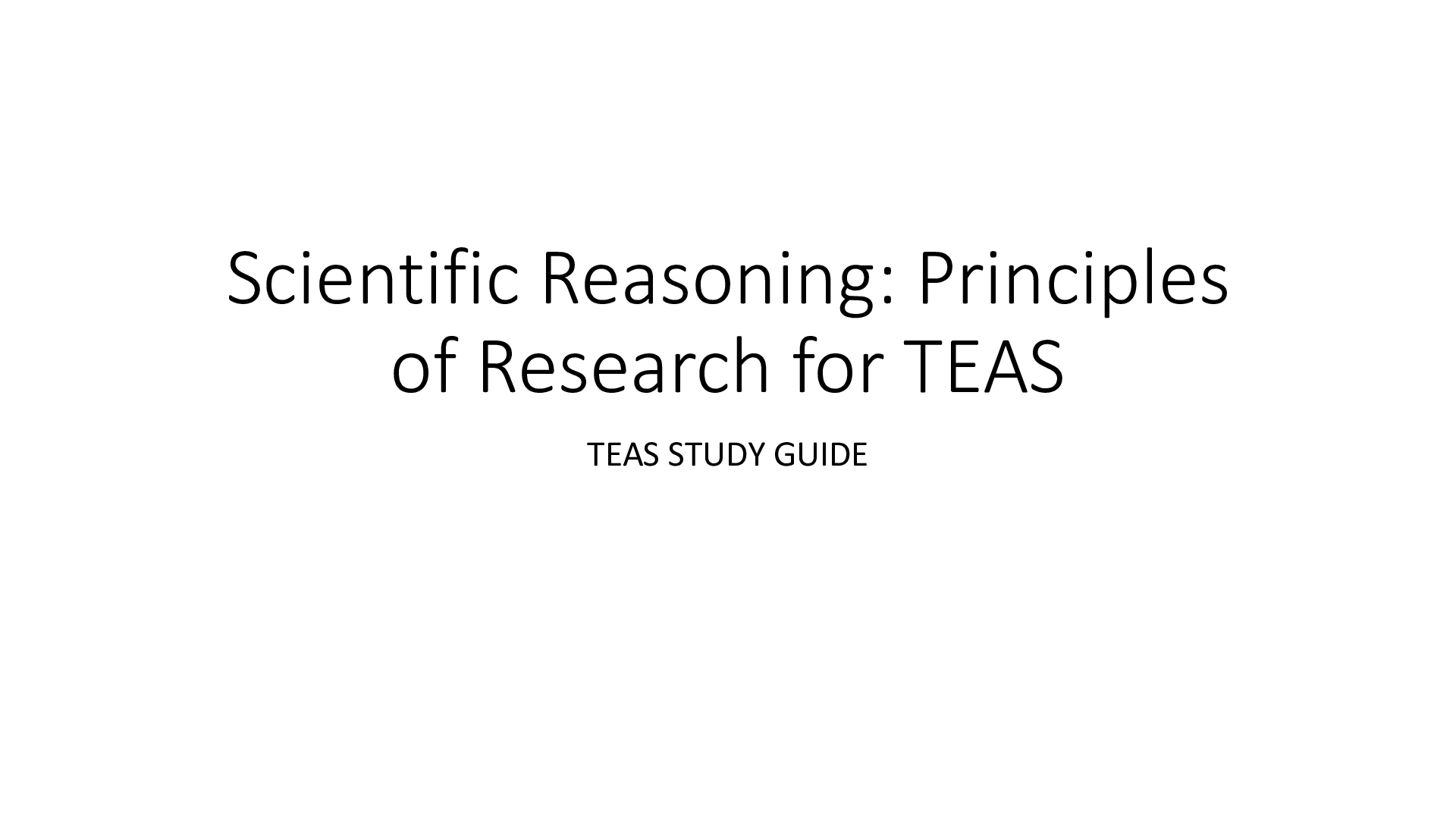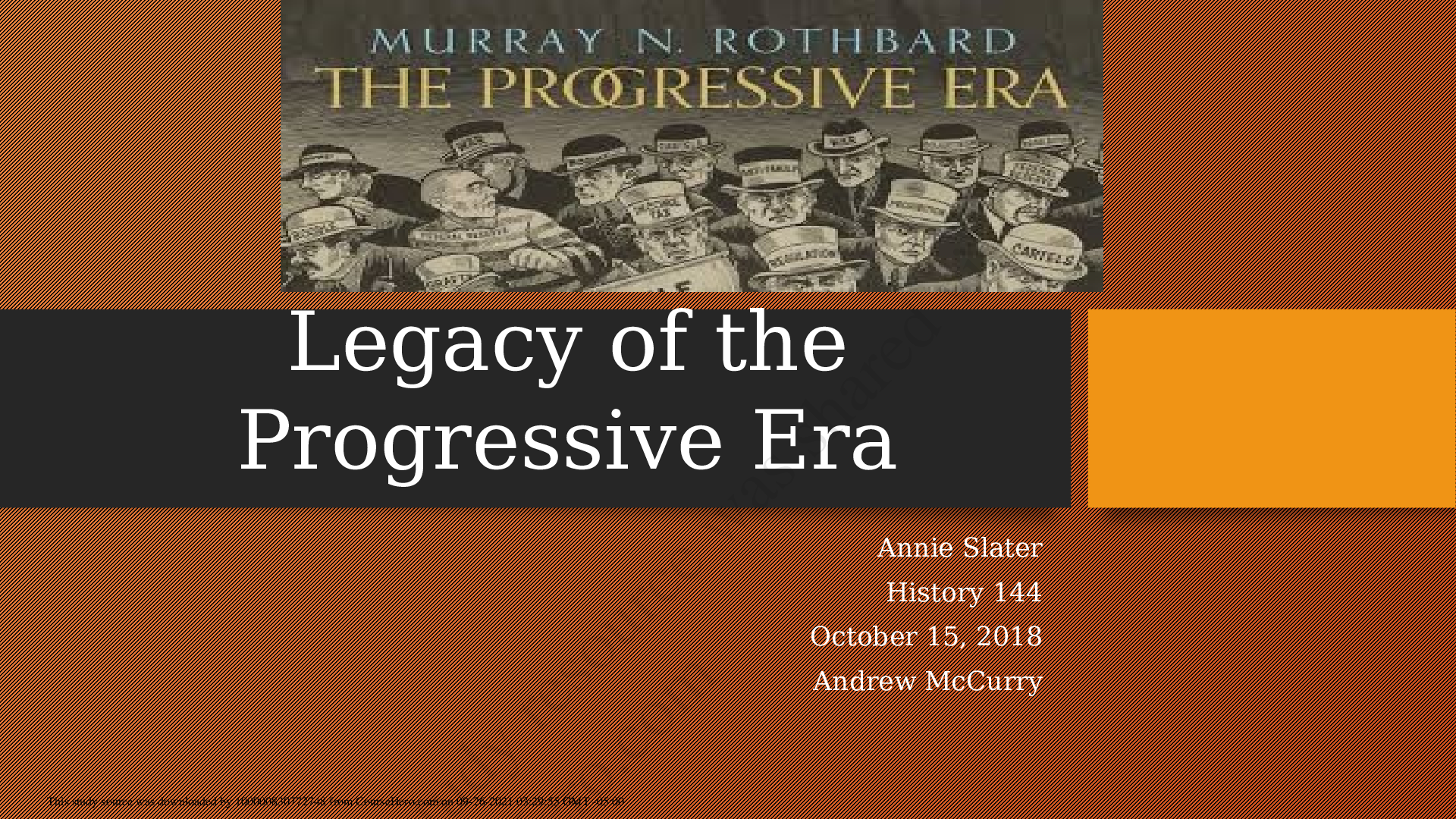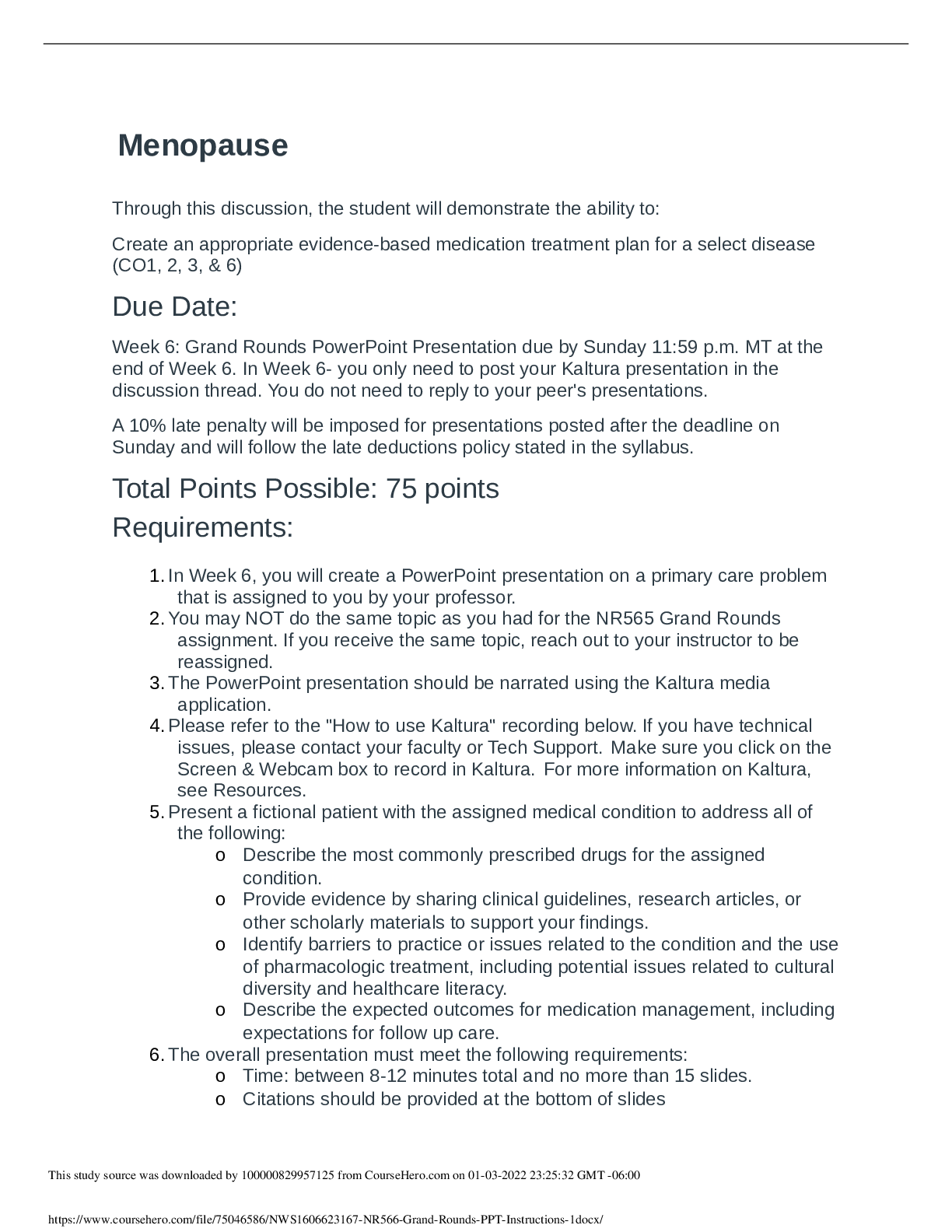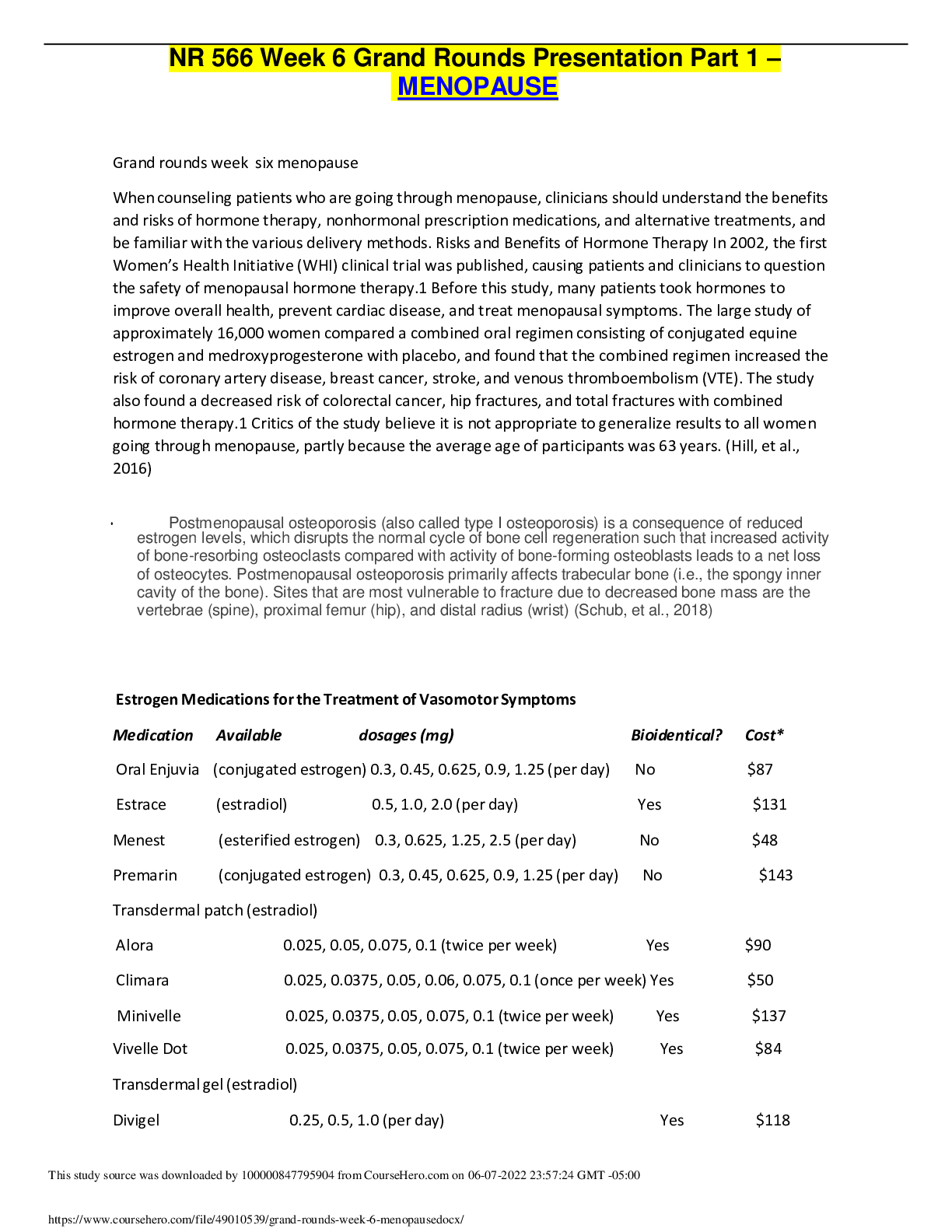Physiology > Presentation > Social Science for Postgraduate Study Week 4: Interpretivism. Best Presentation (All)
Social Science for Postgraduate Study Week 4: Interpretivism. Best Presentation
Document Content and Description Below
Learning outcomes this week 2 • Awareness of relevant criticisms of positivism; • Understand interpretivism as an epistemological perspective; • Ability to compare and contrast the key feat... ures of positivism and interpretivism; • Apply the concept of interpretation in practice (seminars).Review of Positivism 3 • Last week we examined positivism: – An epistemological approach that aims to apply the scientific method from the natural sciences in the social sciences. – Developed in the 19thC by French scholar Auguste Comte. – Became hugely influential as an approach for research and gaining knowledge of the social world.Review of Positivism 4 • Positivism believes in: – Objective knowledge – facts; – Knowledge gained though empirical observation; – Observation leads to universal laws ands theories – explain and predict; – Separation between facts and values: subjective values have no place in the scientific method.Questioning Positivism 5 • Are people predictable in the way that nature is? – To what extent do people follow universal laws of behaviour? • Can a researcher actually be objective? – Can we ignore our social and economic background, past experience and values when observing others?People are different to nature • So it can be argued that the scientific method is totally inappropriate in a subject that deals with human behaviour: – Humans have self-consciousness and reflection; – Humans can reflect on themselves and their situations. This can result in change. • Therefore the social sciences must have their own methods to study the social world. 6Interpretivism • Interpretivism focuses on the meanings that people give to their actions and environment. • How we interpret, or understand the world around us. • The job of the researcher is to uncover, explore and understand the experiences of individuals and groups within a particular context. • Lets explore the key principles of interpretivism in more detail... 7Interpretivism: Key Principles • There are 5 key principles that we will explore: – Subjectivism – Meaning – Interpretation – Value Freedom – Anti-Scientism (Anti-Positivism) 8Subjectivism • Subjectivism is interpretivism’s ontology. • Interpretivism see the ‘real world’ as being socially constructed. • Our sense of reality is constructed through our social experiences and interactions. • This results in multiple ‘realities’. 9Meaning and Subjective Knowledge • Interpretivism does not believe in objective knowledge of the social world. • As individuals, we interpret the world around us. • Observations and experiences cannot be separated from the meaning we attach to them. – They only make sense to us because of our earlier formed concepts, values and beliefs. • Therefore there are no objective facts: knowledge is subjective. 10Interpretation • Positivism focuses on causal explanations of phenomena, connecting objective observations to general theories. • However: • with no single fixed reality, and; • the role of values and meanings in constructing our knowledge of the social world: • interpretivism believes objective observation and explanation is not really possible. 11Interpretation • Therefore, interpretivism focuses on: – the understanding of meaningful social behaviour; – within a particular context. • So for the social scientist, behaviour has to be understood and interpreted within the situation in which it takes place. • Therefore, interpretivism focuses on understanding and interpretation, not explanation. 12Value Freedom • Interpretivism believes in the importance of values and beliefs in our construction of knowledge and reality. • However, a common feature with positivism is the principle of value freedom: – The researcher should not apply their own values and beliefs to make judgements of the people they observe 13Value Freedom and Value Relevance • Therefore, while seeking to understand the subjective knowledge of individuals, social scientists should remain as objective as possible. • This leads to the concept of value relevance: – the study of events should be based on the values that are recognised within the cultures being studied; • not on the values of the researcher. 14Anti-Scientism (Anti-Positivism) • Interpretivism sees a clear separation between natural sciences and social sciences, both in: – the objects of study, and; – The methods used to study them. • As we saw earlier, interpretivism believes humans possess something that objects in nature do not: – Self-consciousness • Therefore, while the scientific method and universal laws and theories may work in science, they do not in social science. 15Differences from Positivism Characteristic Positivism Interpretivism Reality; Ontology One single external reality; Objectivism. Socially constructed, multiple; Subjectivism Nature of Knowledge Objective Subjective What can we know? Facts, universal laws and theories. Meanings people attach to their behaviour. Focus of research Explanation Understanding Role of the social scientist Discovery and explanation of truth. Intepretation of social behaviour within a particular context. 16Interpretivism: Summary • Social sciences need a different epistemological approach to the natural sciences: – the objects of analysis are fundamentally different. – Human beings possess self-consciousness • The focus of interpretivism is: – the meanings humans attach to their actions; – through their prior and ongoing perceptions, experiences and interactions. 17Interpretivism: Summary • Therefore individuals interpret the world around them. • There is no objective truth of the social world. • Reality is socially constructed and therefore knowledge is subjective. 18 [Show More]
Last updated: 1 year ago
Preview 1 out of 18 pages
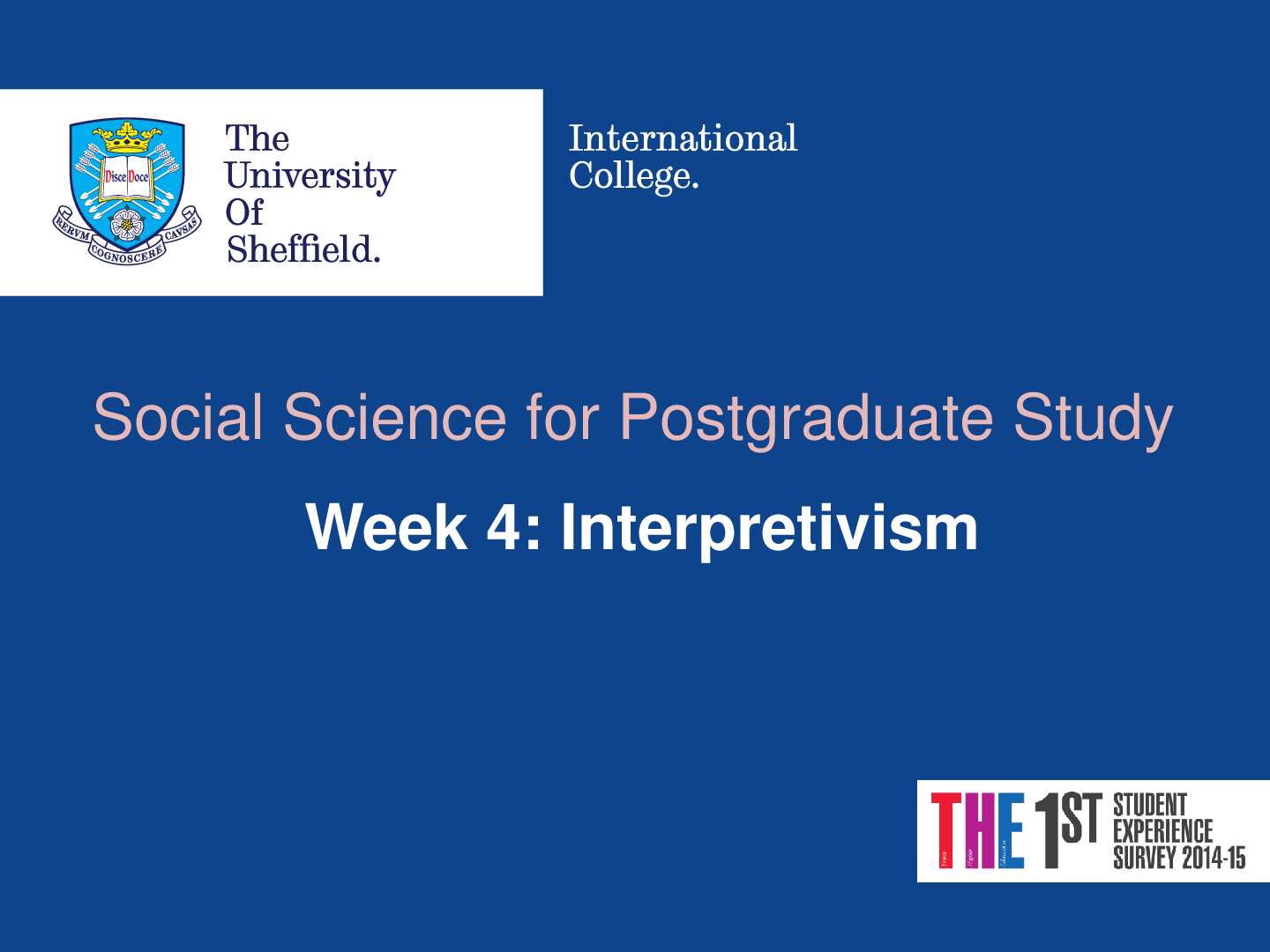
Reviews( 0 )
Document information
Connected school, study & course
About the document
Uploaded On
Jan 21, 2020
Number of pages
18
Written in
Additional information
This document has been written for:
Uploaded
Jan 21, 2020
Downloads
0
Views
56






.png)



